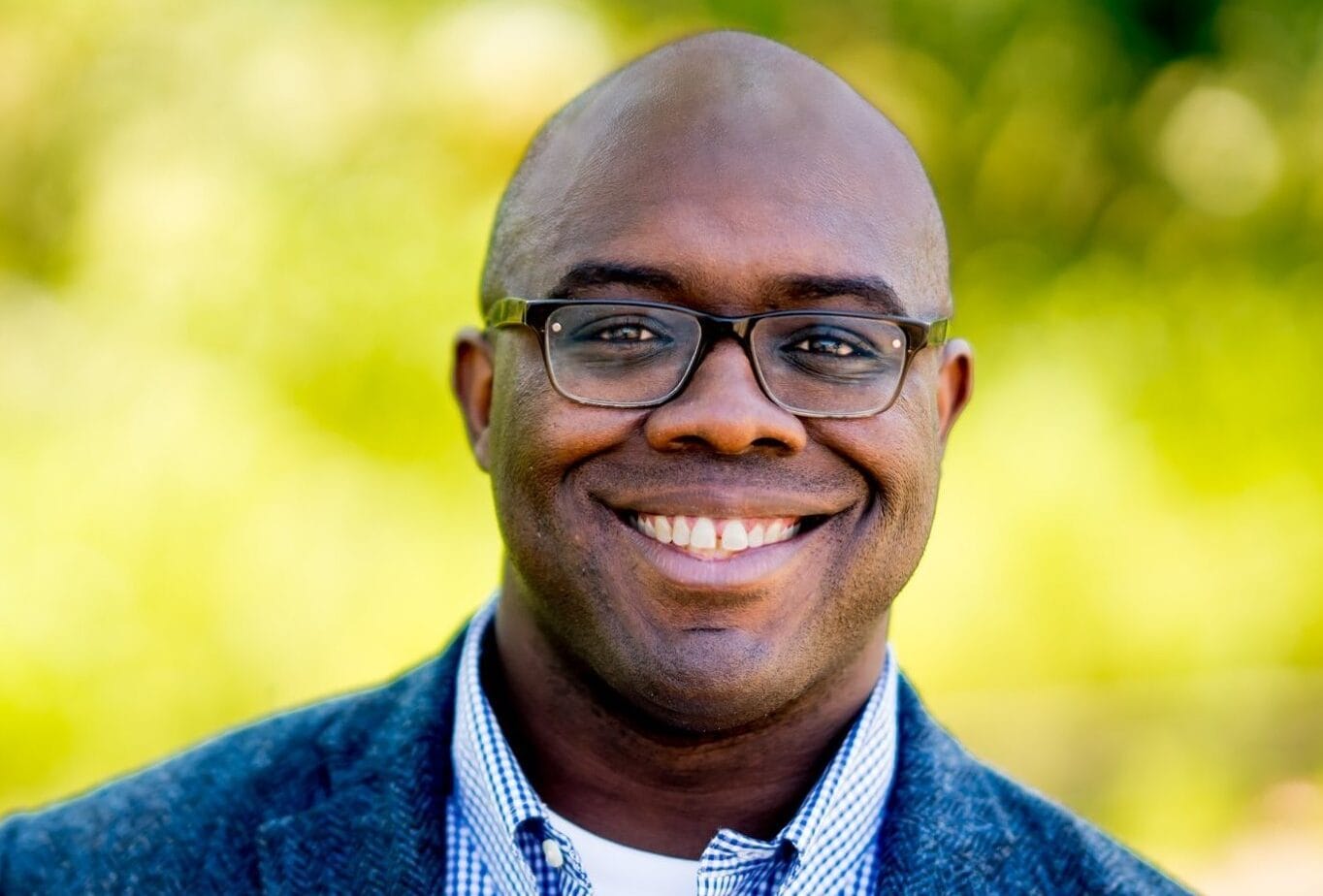Like most academics, the Rev. Canon Dr. Esau McCaulley expected to write to a limited audience interested in his New Testament scholarship. But that all changed this month when he was invited to become a contributing opinion writer on religion and culture for The New York Times.
In mid-June, the Rev. Canon Dr. Esau McCaulley—Assistant New Testament Professor at Wheaton College, the ACNA’s Director of Next Generation Leadership Initiative, and one of C4SO’s Canon Theologians—became a contributing opinion writer at the publication ranked 18th in the world by circulation and 3rd in the U.S.
McCaulley never planned on writing for The New York Times—or any other high-profile publication for that matter. Five years ago, he was sitting at a job talk, listening to an instructor tell his group of future PhDs how to get jobs and survive in the academy.
“They gave us one piece of advice: ‘Stay off social media; don’t say or do anything controversial until you get tenure,’” he recalls.
At the time, McCaulley was 36 years old and thought, “I will be 45 before I can say anything.” As a Black Christian, he had become an academic to help people think about pressing cultural issues. “I wasn’t going to take 8-10 years to do that,” he says.
McCaulley decided to start writing about issues of culture on his personal website, EsauMcCaulley.com. Soon his writing drew attention from The Living Church, and they began publishing his articles on Anglican and Episcopalian themes. When his articles branched into other topics, McCaulley submitted them to Christianity Today and began to write regularly for them as well. He also became more active on his own social media, including Twitter and Facebook.
In late 2019, The Washington Post reached out and asked him to write an article about why ethnic diversity in Bible translation matters. After his first article was published, McCaulley sent the Post another article idea, this one about Kanye West who had recently become a Christian and released a gospel album. The Post published that one as well.
A few months later, McCaulley got an email from the Times. “We’ve seen the articles you’ve been writing for the Post and Christianity Today over the last six months. Would you be interested in writing for us?”
McCaulley responded with an unusual idea: “Hey, can I write an article about the bloody 4th day of Christmas—about how babies got killed at Christmastime?’” The Times said yes—and told him to keep the ideas coming.
As the events of 2020 unfolded, McCaulley continued writing for the Times. When the Coronavirus hit, he wrote an article about why the Christian response was to stay home. He wrote about the killing of Ahmaud Arbery to articulate with clarity what was going on with African Americans in the United States and think through it from a Christian perspective.
“After each article, I thought, OK, this is my last one,” he says.
But once again he found an email in his inbox. “We’ve liked your last three pieces. We’d like to invite you to apply to be a monthly contributing writer for The New York Times.”
At the time, McCaulley was working on an article about Psalm 137 and the killing of George Floyd. He sent it to the Times along with his application. They published it and selected him to become a monthly contributing opinion writer anchored in religion and culture.
McCaulley’s forthcoming pieces will give a Christian perspective on what’s happening in culture, informed in subtle ways by his Anglican background and African American context. While offering a Christian take on current events, he may also reflect on a new movie or album. His prayer, as he writes for a secular publication with readers from a variety of religious perspectives, is to remain true to who he is but communicate in a way that everyone can hear him.
“I don’t see this as an opportunity to build my own brand, but to tell the truth as best as I can perceive it, in conversation with the best of the Great Tradition—which includes the African American witness in the world,” he says. “I want to steward this opportunity well. Please pray for wisdom, that I would perceive and articulate the truth winsomely but plainly.”
McCaulley’s surprise side career in writing keeps him busy on top of his assistant professorship, provincial and diocesan roles, speaking engagements, and soon-to-release book. But the self-described “regular Anglican priest and scholar” is grateful.
“I thought, I’m just going to write my blog,” he says. “I’d do nerdy academic stuff during the day and write whatever was on my mind at night. Of the [many] things I thought I was going to do, this is not one of them. It’s definitely providential.”

